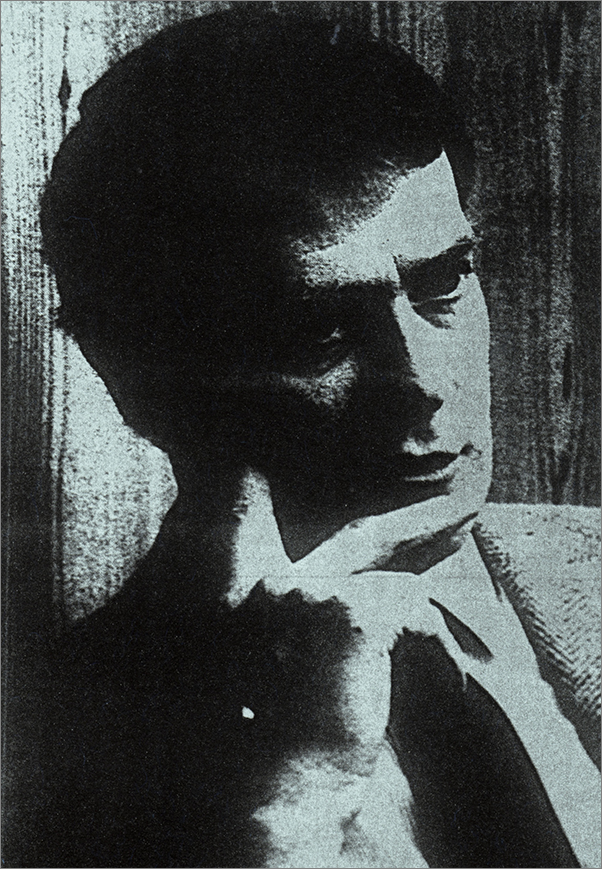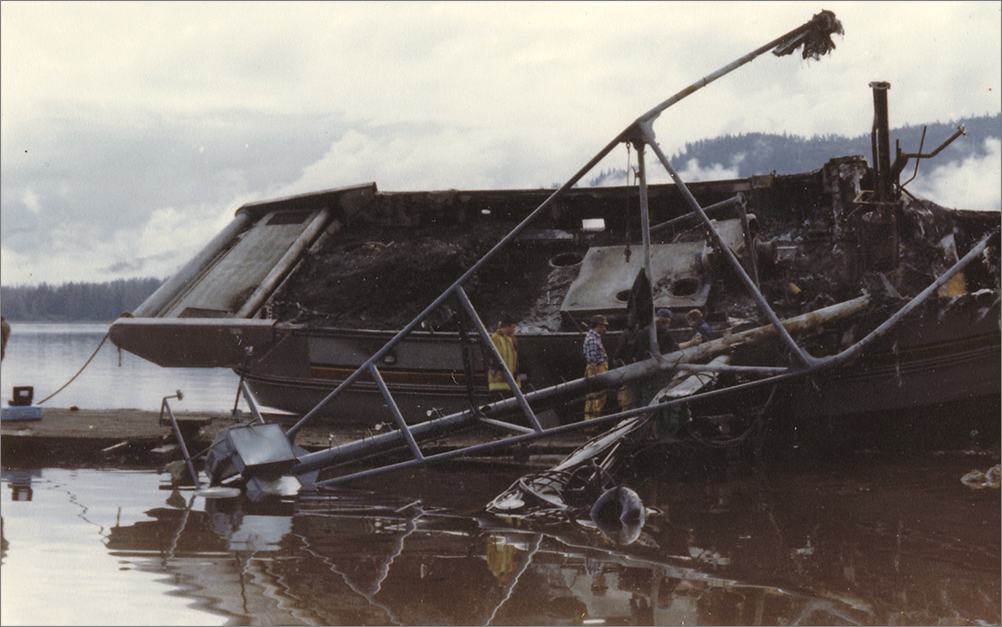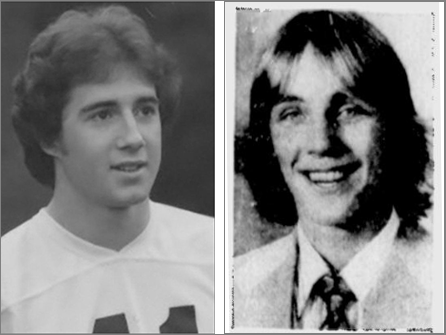Following Larry Demmert’s testimony was AST Sergeant Stogsdill. According to Henry, Stogsdill’s testimony would be “limited solely” to his “contacts with Larry Demmert.” It was a ploy designed to move scrutiny away from Demmert and, by extension, back toward John Peel.
In direct examination designed to offset Weidner’s attacks, Stogsdill testified that Larry Demmert was always willing to be interviewed. He said Demmert never appeared to be under the influence of drugs or alcohol. He insisted that police never manipulated Larry Demmert. Authorities hadn’t intimidated him. And, Stogsdill said, no one ever suggested answers to Larry Demmert.

But Phillip Weidner wanted to put the cops on trial and Sgt. Stogsdill was his immediate target. He soon asked the sergeant, “Did you participate in the initial search for evidence?”
The judge sustained Mary Anne Henry’s objection and reminded Weidner that the subject was Stogsdill’s contact with Larry Demmert. The judge added that questions on other subjects “may be very appropriate at a little bit later time in the trial.”
Weidner was unrepentant. No sooner that the words left the judge’s mouth than he asked another question designed to put the police investigation in a negative light. “But, in terms of your testimony that you were at the scene,” Weidner asked Stogsdill, “do you know if there was any drinking of beer by police officers in that investigation?”

“Objection, beyond the scope, and move to strike,” Henry said, jumping into the fray. “And I’d ask that the jury be admonished. There is absolutely no reasonable basis in fact for the question, and it obviously is beyond the scope.”
Weidner was at it again within minutes. “Wasn’t there a substantial period of time in which you were pursuing Dean Moon as a suspect in this case?” he asked.
Mary Anne Henry objected. Schulz sustained her objection. Judge Schulz said they needed to be discussed without the jury present.
“Your Honor,” Weidner protested as soon as the jury room was closed, “I’ve never been in a situation before where they try and call a witness for part of their testimony and then try and restrict cross-examination, but to say that they can restrict scope on whether he was actively pursuing Dean Moon and then switched to Mr. Peel is simply ludicrous.”

“It goes directly to bias,” the attorney added. “As to why Stogsdill gave up on Dean Moon and why he switched to Mr. Peel. And it goes directly to his bias as to whether he then tried to convince Mr. Demmert that Mr. Peel was the murderer on the 25th of March.”
“Well, Mr. Weidner,” the judge gently reminded the defense attorney, “my recollection is that when Ms. Henry indicated that she was going to do this and was going to try to limit her direct to this witness’ contacts with Mr. Demmert, with the understanding that she was going to recall him later, I don’t remember hearing an objection.”
“There was, your Honor,” Weidner countered. “I specifically said no one’s restricting my cross. We can play the record.”
“Your Honor,” he added, “they have put this man on for a very crucial purpose. What they want to try and do is rehabilitate Mr. Demmert.”
“Then let me ask you one question,” the judge responded. “Assume for a minute that he were to testify that at one point in time Dean Moon or some other number of people were suspects in this case, and then later were not, what’s the connection between that and bias?”
“Because there was an argument, apparently, between him and Investigator Miller over how to pursue this case,” Weidner said. “And he’s pushing his theory, and they’ve pushed us into trial with that theory.”
Judge Schulz didn’t buy it. Sergeant Stogsdill could resume his testimony. Soon enough, there would be other controversies.
Excerpts from the unpublished original manuscript, “Sailor Take Warning,” by Leland E. Hale. That manuscript, started in 1992 and based on court records from the Alaska State Archive, served as the basis for “What Happened in Craig.”
Copyright Leland E. Hale (2020). All rights reserved.

Order “What Happened In Craig,” HERE and HERE. True crime from Epicenter Press.